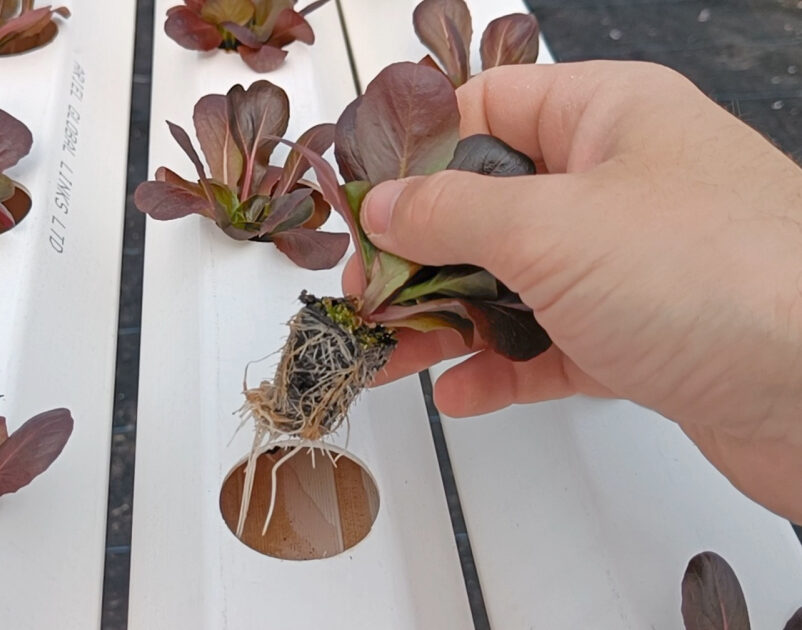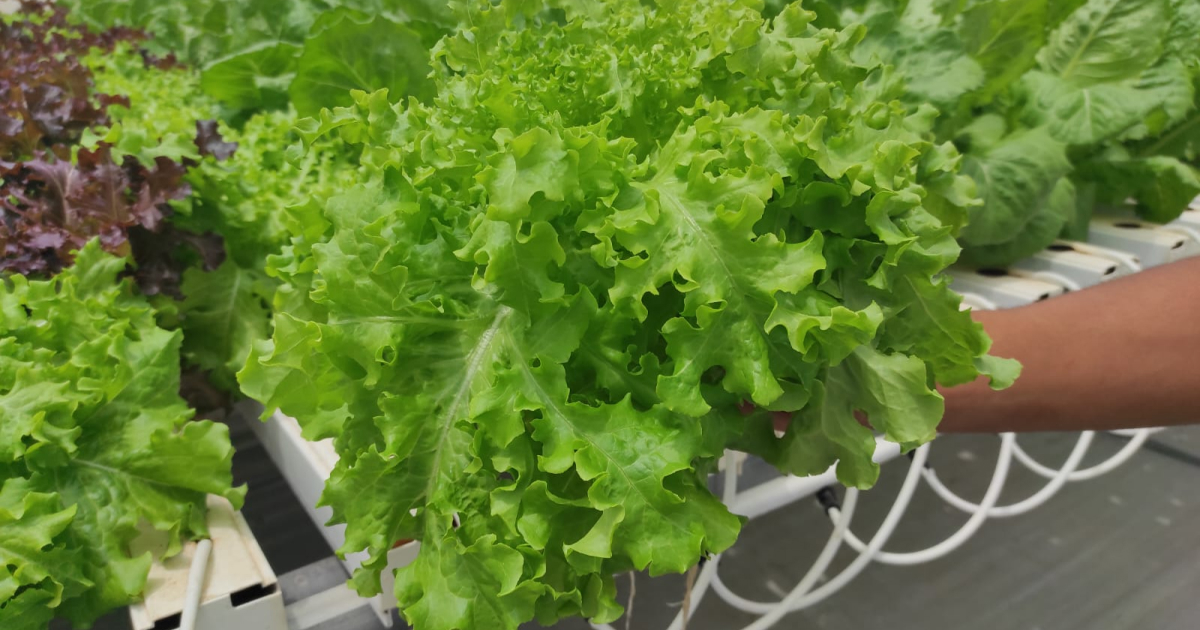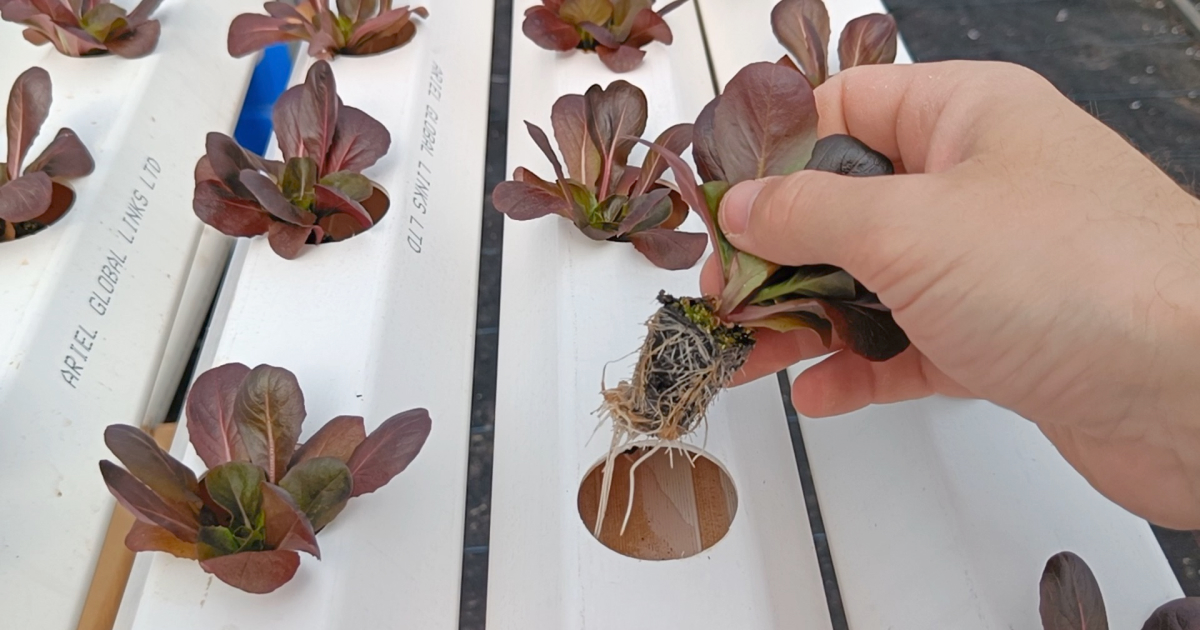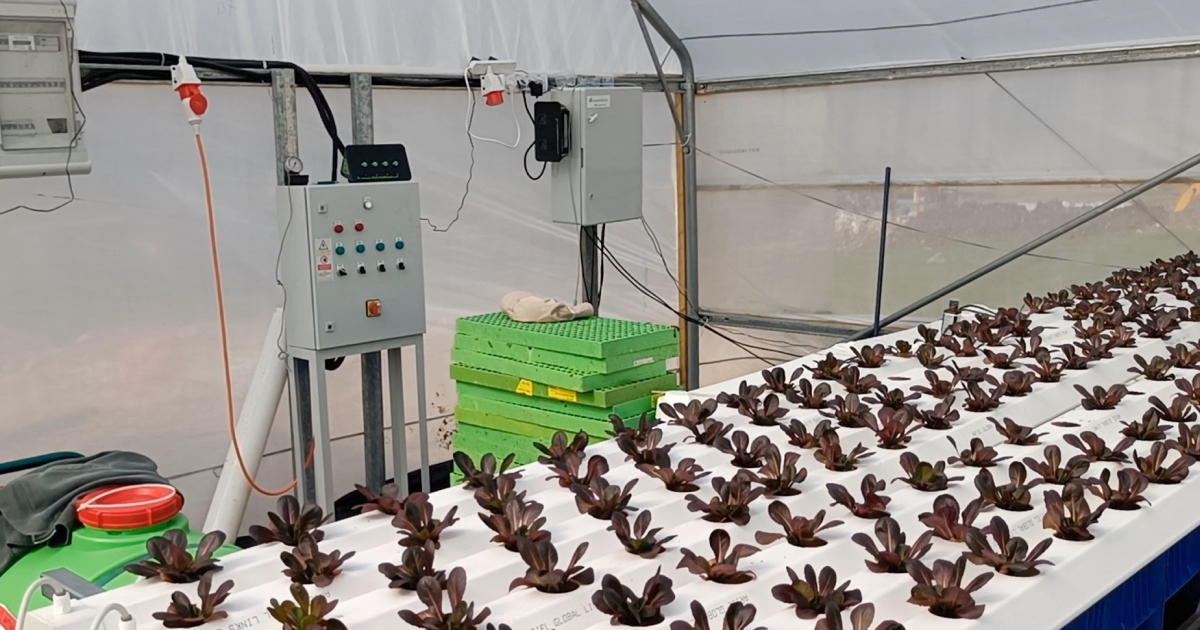
Advanced Nutrient Management for Hydroponic Lettuce: Beyond Basics
Elevating hydroponic systems represents a precise approach to lettuce cultivation. Through meticulous nutrient management, growers can unlock the full potential of their hydroponic lettuce crops. This guide dives into the essentials of selecting the right nutrients for hydroponic lettuce, optimizing your system for peak performance, and addressing common questions about hydroponic lettuce cultivation.
What are the Best Nutrients for Hydroponic Lettuce?
Discovering the transformative potential of advanced nutrient management begins with identifying the best hydroponic nutrients for lettuce. Optimal growth is achieved by leveraging specific nutrient solutions designed for hydroponic systems. Among the leading choices is the hydroponic lettuce fertilizer 8-15-36, renowned for its balanced N-P-K ratio perfectly suited for lettuce. This, along with a comprehensive mix of micronutrients, ensures your lettuce grow nutrients are fully optimized for vigorous growth and high yields.

Decoding the Best Hydroponic Nutrients for Lettuce
Unveiling Optimal Nutrient Solutions
The cornerstone of successful lettuce cultivation lies in the precision of the nutrient formula. Custom solutions, especially designed for hydroponics like the hydroponic fertilizer for lettuce and hydroponic lettuce nutrients, are pivotal. These formulations are engineered to meet the specific needs of lettuce, promoting robust growth and maximizing yield. The best hydroponic nutrients for lettuce, including the specialized hydroponic lettuce fertilizer 8-15-36, provide a targeted approach to nutrient management.
Tailoring Nutrient Profiles for Maximum Growth
Adjusting nutrient profiles according to the growth stages of hydroponic lettuce can significantly impact the overall development of your crops. The dynamic adjustment of nutrient ratios, particularly the N-P-K balance, is crucial in meeting the evolving needs of lettuce plants. This ensures that each stage of growth receives the optimal blend of nutrients for healthy development.

What is the Hydroponic Nutrient Formula for Lettuce?
The hydroponic nutrient formula for lettuce often centers around a balanced mix of macronutrients and micronutrients, with a keen focus on the N-P-K ratio. For lettuce, the hydroponic lettuce fertilizer 8-15-36 offers an ideal composition, ensuring that your hydroponic lettuce receives all the necessary nutrients for lettuce hydroponics to thrive.
Table 1: Optimal Nutrient Ratios and Conditions for Hydroponic Lettuce at Different Growth Stages
| Growth Stage | N-P-K Ratio | EC (mS/cm) | pH Range | Additional Nutrients |
|---|---|---|---|---|
| Seedling | 10-5-15 | 0.8 – 1.2 | 5.5 – 6.0 | Higher nitrogen for early growth |
| Vegetative | 8-15-36 | 1.2 – 1.8 | 5.5 – 6.5 | Balanced micronutrients |
| Pre-Harvest | 6-10-30 | 1.5 – 2.0 | 5.5 – 6.5 | Increased potassium for leaf development |
| Post-Harvest | – | Flush with clean water | 5.5 – 6.5 | – |
Notes: This table provides a quick overview of how nutrient needs and water conditions change throughout the lifecycle of hydroponic lettuce. It emphasizes the importance of adjusting nutrient ratios, EC, and pH levels to match specific growth stages, ensuring optimal growth and yield.
Mastering the Art of EC and pH Balancing
Fine-Tuning EC for Optimal Nutrient Absorption
Understanding and adjusting the Electrical Conductivity (EC) of your nutrient solution is essential for maximizing nutrient uptake. The right EC levels ensure that your lettuce plants absorb nutrients efficiently, reducing the risk of common issues such as nutrient burn or deficiency.
The Critical Role of pH in Hydroponic Lettuce Cultivation
Maintaining the ideal pH range is crucial for nutrient availability in hydroponic systems. This section delves into advanced techniques for pH stabilization and adjustment, ensuring optimal conditions for your lettuce nutrients to be effectively absorbed by your plants.
Table 2: Common Nutrient Deficiencies and Diseases in Hydroponic Lettuce with Preventative Measures
| Deficiency/Disease | Symptoms | Preventative Nutrient Adjustments | Additional Measures |
|---|---|---|---|
| Nitrogen Deficiency | Yellowing of older leaves | Increase nitrogen in N-P-K ratio | Monitor EC levels to ensure adequate uptake |
| Phosphorus Deficiency | Stunted growth, dark green leaves | Adjust formula to increase phosphorus | Ensure optimal pH for nutrient absorption |
| Potassium Deficiency | Yellowing leaf edges, weak stems | Increase potassium in N-P-K ratio | Check for root health and EC levels |
| Calcium Deficiency | Tip burn, brittle leaves | Add calcium nitrate to nutrient solution | Use water with balanced hardness |
| Magnesium Deficiency | Interveinal chlorosis, leaf curl | Incorporate magnesium sulfate (Epsom salt) | Adjust pH to improve magnesium uptake |
| Root Rot | Brown, slimy roots | Improve water oxygenation, reduce EC | Use beneficial microbes, ensure clean system |
Notes: This table identifies key nutrient deficiencies and diseases affecting hydroponic lettuce, their symptoms, and how to adjust nutrient solutions and growing conditions to prevent these issues. It serves as a practical guide for growers to quickly diagnose and address common challenges in hydroponic cultivation.

Automation systems like GrowDirector 4 PRO are essential tools that can manage perfect water quality and balanced plant nutrition.
What is the EC for Lettuce in Hydroponics?
The optimal EC for lettuce in hydroponics typically ranges from 1.2 to 1.8 mS/cm. This range ensures efficient nutrient uptake, supporting healthy growth and development of hydroponic lettuce.
What is the Best pH and EC for Hydroponic Lettuce?
The best pH for hydroponic lettuce cultivation falls between 5.5 and 6.5, with an ideal EC level ranging from 1.2 to 1.8 mS/cm. Maintaining these levels guarantees that nutrients remain bioavailable, promoting vigorous lettuce growth.
What N-P-K for Lettuce?
The N-P-K ratio critical for lettuce growth is found in the hydroponic lettuce fertilizer 8-15-36, providing a balanced mix essential for robust development. This specific ratio ensures that your hydroponic lettuce receives the perfect blend of nitrogen, phosphorus, and potassium for optimal growth.
What is the Best Lettuce Hydroponic Fertilizer?
The best “fertilizer” isn’t a single brand but achieving an optimal nutrient concentration in your water tanks. Based on proven results from commercial growers, the target is a solution with a pH of 5.5-6.5, an EC of 1.2-1.8 mS/cm, and high potassium to support leaf growth.
While many growers create custom blends, the most trusted and consistently used commercial brands in 2024-2025 are:
- Masterblend: Highly popular for its cost-effective, 3-part dry nutrient system. Their 8-15-36 Lettuce Formula(used with Calcium Nitrate and Epsom Salt) is a commercial standard.
- Jack’s Nutrients (JR Peters): Valued for its clean, consistent formulas. The 5-12-26 Hydroponic formula combined with Calcium Nitrate is a widely used 2-part system trusted for delivering reliable results.
- General Hydroponics: A long-standing industry leader, especially their 3-part Flora Series liquid nutrients. It offers precise control over nutrient ratios throughout the crop cycle and is known for its ease of use.
More resources:
8 Steps to Choose the Perfect Greenhouse Automation for Professional Growers